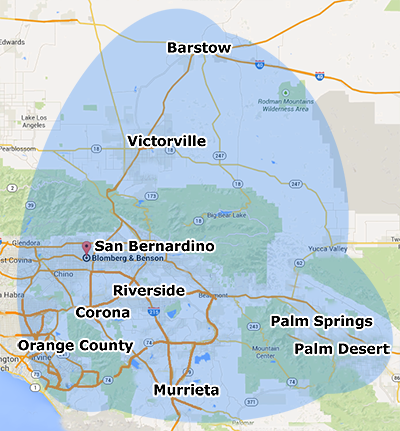Home >> Blog >> 5 Steps You Should Follow When Filing A Medical Malpractice Claim
5 Steps You Should Follow When Filing a Medical Malpractice Claim

Have you recently suffered physical, emotional, or psychological harm at the hands of a licensed medical professional? If so, you can pursue a compensation claim and get paid for your pain, injuries. But first, you need to prepare and submit a malpractice complaint. Don't know where to start? Below is a guide that can help you kick-start the claim process.
Consult an Attorney
First things first, get a lawyer. Hire someone who specializes in medical negligence law. A healthcare malpractice lawyer is well-versed malpractice law and will provide you with helpful advice on how to file your complaint before the statute of limitations is up. They will also help you develop a strategy that will help you prove both negligence and causation.
When choosing a malpractice lawyer, make sure you pick someone who understands your case and has had years of experience pursuing complex healthcare negligence cases for injured patients and their families.
Get Your Medical Data
Contact the healthcare professional or hospital management and ask them to send you your treatment data. Don't tell the hospital or physician what you intend to do with the data. This will prevent anyone from tampering or altering your info to hurt your case. Can your lawyer get the files for you? Yes, they can. But due to HIPAA law and other privacy laws, you'll be required to sign a document to allow them to do it on your behalf.
Get a Medical Assessment to Verify Your Complaint is Valid
Visit another healthcare expert and get their opinion regarding your complaint and the treatment that you received. Make sure the physician is experienced and has handled similar medical cases before. The more familiar they are with your medical condition, the easier it'll be for them to help you get the evidence you need to prove negligence and causation.
Notify the Hospital or Physician
Got all the evidence you need? Time to contact the hospital or physician and notify them about your complaint. The defendant lawyer may ask you to consider settling the case out of court. Don't accept any deal without consulting your lawyer. You may be tricked to accept an offer that's less than what you deserve.
The hospital, physician, or their insurer may also ask you to give a recorded statement. Although this may seem innocuous, don't do it. You may say something that can be used to ruin or devalue your claim.
The physician, hospital, or their insurer/lawyer may also ask you to sign a waiver that allows them to obtain your medical file. Before you sign the waiver, make sure you read it carefully to ensure the lawyer is not requesting authorization to access other health documents that are entirely unrelated to your malpractice injuries.
Draft and Officially Submit Your Complaint
If the defendant's insurer/lawyer shows no signs of tabling a favorable out-of-court settlement any time soon, ask your lawyer to draft and file an official complaint. The formal complaint should contain the name of the hospital or medical professional responsible for your injuries and the allegations you are bringing against them. It should also highlight what caused your pain, injuries, or harm as a result of their action or inaction.
Wrapping Up
Filing a medical negligence complaint is not hard. All you have to do is to follow the guide shared above. It'll not only help you get started but also help you avoid the mistakes that most malpractice victims make.
If you have been physically emotionally, or psychologically injured due to medical carelessness or negligence and are looking for a lawyer, contact the Law Offices of Bloomberg, Benson & Garrett.



